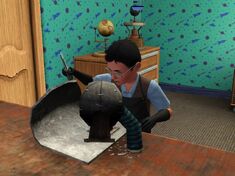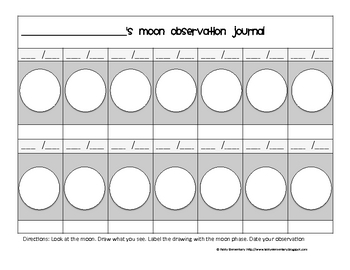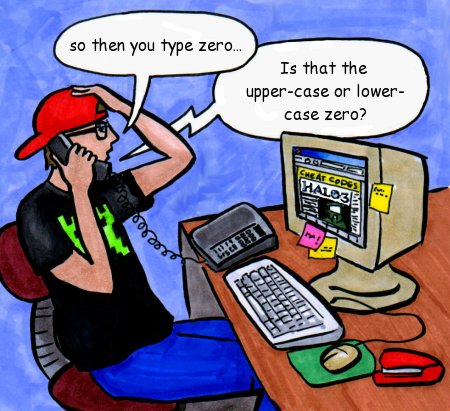BLOGGING VENTURES AND MULTIPLE LITERACIES

Blogging will permit students to meet the Common Core Standards because it encompasses multiple literacies and performance type activities.
NETS for Students Blogging extends student's audiences in many difference scenarios. Not only can students blog with their peers in the same class, but they can blog with students globally, with experts in a content area or authors of books they read.
Mr Salsich's class participated in quad-blogging.
Quad Blogging Blogging expands student's learning opportunities.

When students blog they are deepening their learning of reading, writing, and communicating.
Mr. Avery's Newscasters had the opportunity to practice their oral communication skills after they undertook a research project on animals. Blogging can encompass a spectrum of learners in the classroom who benefit from this type of experience.

In my class, I read
The BFG by Roald Dahl. In addition to using it as a read-aloud, I use excerpts from the book to teach narrative writing. Mr. Avery's class participated in a video by recreating the story with students playing the roles of the main characters.
Mr. Avery's students rendition of The BFG Using technology to enforce comprehension is a phenomenal way to complement literacy.
As students participate in blogging, they receive responses from their blogs. This will inspire them to read and write back creating an interactive component for students not previously addressed in the classroom. Struggling readers can process literature through a multisensory approach. Students are exposed to images, audio, and movies when they blog which broadens their understanding of the text. Hyperlinks may provide higher functioning readers with further resources to aid and develop their literacy skills.
Use of KidsBlog permits teachers the ability to engage in blogging under controlled situations. With this venture students learn to write for different audiences and purposes. By blogging about their reading and receiving feedback from others, students are more motivated. Blogging extends the level of student's thinking a step further.
Johanna Cleary's class created blogs on topics ranging from book reports and book clubs to research reports.
Mr. Avery's students created animotos about their animal research projects. My students would find blogging more interesting than just writing a report and handing it in to me. The New Common Core Standards require third graders to do a research report. Mr. Avery and Ms. Cleary inspire me to use animotos as a tool to demonstrate student learning.































